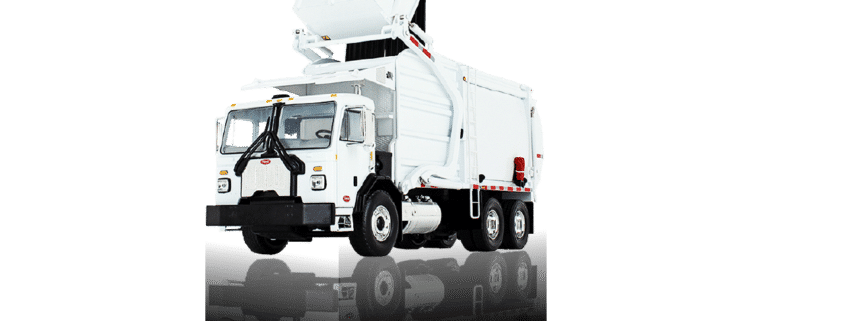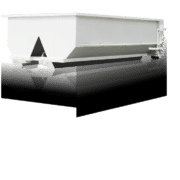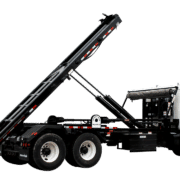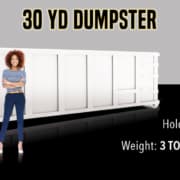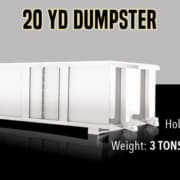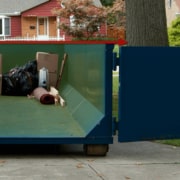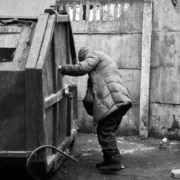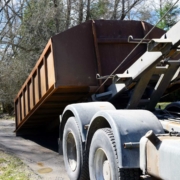What are Acceptable/Unacceptable materials for Debris Dumpsters?
What are you able to throw into a residential trash dumpster rental Orange County? It sounds like an easy answer: garbage, right?
However, whatever you can and can’t toss into municipal trash has lots of restrictions. Throwing anything into the garbage bin like whole tires or dangerous items is forbidden and you may receive additional charges. So, even though you think it is ok to place an item into your rented dumpster, it is a good idea to brush up on your knowledge of dumpster guidelines from time to time as items may change due to local policies and regulations. Read below to learn more on dumpster capabilities and what items cannot be thrown away, when using dumpster rentals for construction debris in Orange County & Los Angeles County.
Understand what is and is not permitted when renting a dumpster or roll-off garbage receptacle.
When dealing with typical non-hazardous debris in your garbage collection or debris cleanup, you can place it in a container. But have a look at the list below when you’re not sure an item is accepted or not. There are different regulations on what items may be placed in each bin type. Read more about our each of our Roll-Off Dumpsters for help on selecting the best container for your projects, as well as what items are Accepted/Unaccepted before ordering your dumpster.
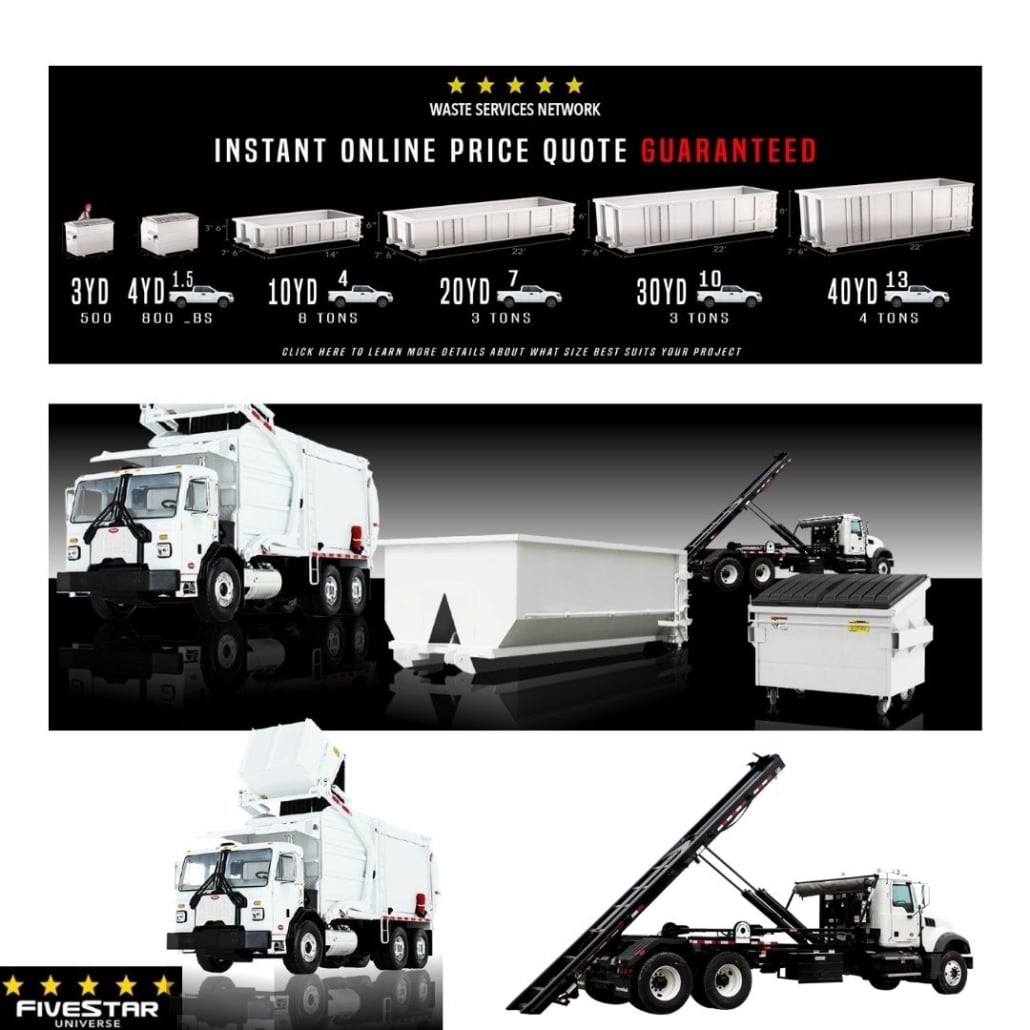
Residential Trash dumpster rental Los Angeles County or Temporary Bins
- Aerosol cans are typically permitted, when empty, to be thrown in a dumpster.
- Pieces of equipment such as Broken microwaves, Dish-washing machines, and furnaces in rolling bins are typically permitted.
- Heavy Debris includes temporary containers specifically for asphalt, brick, concrete, soil, or other heavy materials.
- Equipment: Dishwashing machines, microwaves, and furnaces in rolling bins are typically permitted. Unless they are emptied from refrigerants, refrigerators are not acceptable.
- Electronics: You may put household devices into a dumpster in most service regions. However, you’ll probably have to recycle them as e-wastes if you’re cleaning a workplace or have massive amounts of gadgets to get rid of. In general, it is permissible to put things like computers, printers, and TVs. In certain regions, because of local rules, they may not be acceptable. Be sure to verify your items with your local government regulations using .gov sites and/or using www.epa.gov.
- Furniture: Typically accepted beds, chairs, desks, cloakrooms, and tables. In certain regions, because of local rules, they may not be acceptable, so you should check first.
- Rubbish Yard: Stumps, Grass, Soil, tiny branches, leaves, logs, and tubes are usually ok to put in the dumpster, although it is not allowed at all places.
What Can’t You Throw Into A Dumpster?
The Environmental Protection Agency (EPA) considers some of these products a hazard due to potential fires, explosions or toxic chemicals coming from these disposed products. In order to avoid hazardous situations, the EPA gives guidelines for safe management of Household Hazardous Waste (HHW), where the specific products are listed on a state-by-state basis, so for this article, this link provides additional resources for the state of California. When using a garbage dumpster, make sure you avoid these items.
Common household hazardous wastes include but are not limited to:
- Antifreeze
- Batteries
- Drain cleaners
- Electronic Wastes (TVs, computer monitors, cell phones, etc.)
- Glue and Adhesives
- Household cleaners
- Oven cleaners
- Paints
- Pesticides
- Pool Cleaners
- Solvents
- Used Oil
- Waste containing Asbestos
- Wastes containing mercury (thermometers, fluorescent lights, etc)
In addition to those wastes listed above, household products that are hazardous waste can be identified from warnings on the product label. If the label information reads:
Danger
Poison/Toxic – means it can be poisonous when ingested (by eating or drinking), absorbed through skin, or inhaled (breathed) – even a little bit
Corrosive/Acid – means it can eat or wear away at many materials including living tissue
Reactive/Explosive – means it can be explosive or produce a deadly gas
Ignitable/Flammable – means it can easily catch fire
Environmental Hazard
Caution/Warning
It’s probably a hazardous waste and should not be disposed of in the garbage. When hazardous wastes aren’t disposed of properly, those pose a threat to human and environmental health. These wastes must not be poured down the drain, disposed on the ground, or put in the trash.
Contact your local Household Hazardous Waste Facility (HHWF) for more information on Household Hazardous Waste.

